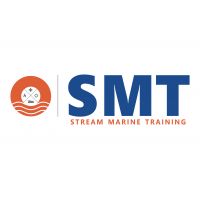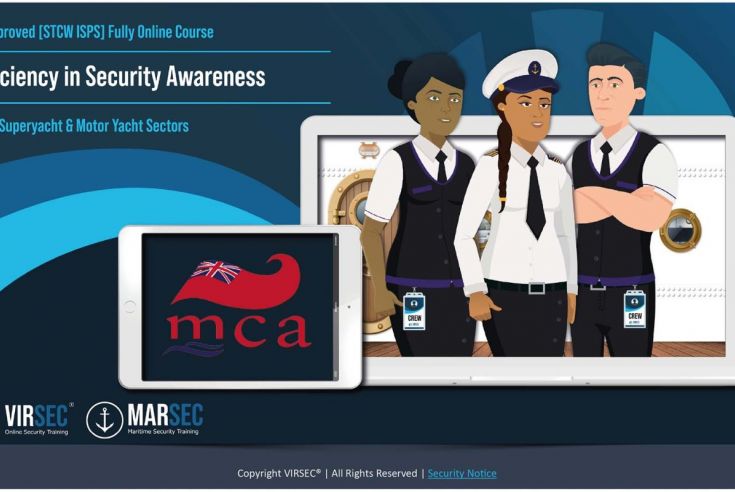1,140 GBP (£)
Book/Enquire this courseSchool Stream Marine Training
Location Glasgow, Scotland, UK
Duration 5 day(s)
Dates 13 dates available
Accommodation None Included
The objective of the AEC 2 course is to provide students, with theoretical knowledge and practical hands on experience of additional areas, as laid down in the Maritime and Coastguard Agency (MCA) AEC 2 syllabus. The aim is to enable them to meet the COC requirements of the new common “Small Vessel” (Yachts, Tugs, Fishing Vessels, Workboats, Standby, Seismic Survey, Oceanographic Research Vessels and Government Patrol Vessels, of less than 3000 GT and Power Less than 9,000 kW with Unlimited Area of operation.) It forms part of the required modules to enter the industry as a junior/assistant engineer, with the ability to progress through to the Small Vessel Second Engineer Officer qualification. When combined with AEC part 1, this unit can also be included as part of the award for an MCA’s Marine Engine Operators Licence (MEOL) which is the licenses required by the Chief Engineer on UK Flagged vessel of less than 750 kW operating in near coastal waters (150 miles from the nearest shore)
Course Structure
The MCA Approved Engine Course 2 (AEC2) is approved by the UK’s Maritime Coastguard Agency (MCA) and is ideal for the owners or operators of small inshore commercial and pleasure vessels. The AEC part 2 would also benefit the junior engineering staff working in or expecting to work in the engineering department of a superyacht. Delivery of the content is split into both classroom activities and practical application. It comprises of approximately 50% theory and 50% practical work. It covers safe engineering working practices, basic operation of engineering systems such as refrigeration, legislation (books and records) maintenance systems and techniques, safe systems of work, lifting and slinging, electrical supply system, hydraulic systems, freshwater, sewage systems and planned maintenance systems.
Useful Information
The candidate must have successfully completed the AEC 1 course or a recognised equivalent. It is the responsibility of the candidate to produce evidence that their equivalent qualification to AEC 1 has been accepted by the MCA as being a satisfactory equivalent.




